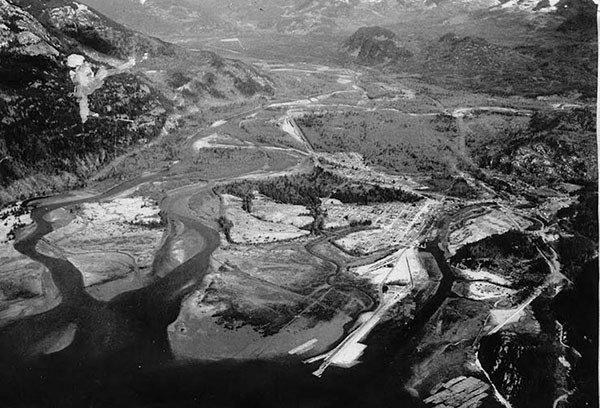The Squamish Historical Society (SHS) hosts the first of a monthly speaker series celebrating the 50th anniversary of the incorporation of the District of Squamish at the Brackendale Art Gallery on September 11.
“Our first speaker is Ellen Grant, who is a direct descendant of the Judd pioneer family,” said Bianca Peters, SHS president. “We are really excited to have her speak.”
The granddaughter of settlers Barbara Annie and Henry (Harry) Judd, Grant taught in Squamish for almost 40 years before retirement.
“I’ll be looking at Squamish’s history from the perspective of geography,” said Grant. “I’ll show how geography shaped Squamish, and was the force behind its history.”
The 74 year old said Squamish’s initial “isolation” from the Lower Mainland is what helped make the community so strong and independent.
“We were so close to Vancouver, but also so far away,” she said. “Early in our history we had to go by water to Vancouver for our banking or to go to the hospital. But when that barrier was removed – when the road to Vancouver was put in – that changed us as a community.”
Grant said she originally became interested in geography’s role in Squamish history when speaking to a visiting group of school kids from Ontario.
“They were here to learn about their own community by comparing it to other communities,” she said. “And they asked a lot of questions about our geography, which made me look at our history from a different perspective. We are usually more involved in the drama of history. But geography has managed us, and we have managed the geography.”
The SHS Speaker Series continues next month with Quest University’s Steve Quane speaking about the “Geological History of Squamish” on October 9, followed by long-time Squamish resident and former mayor Corinne Lonsdale covering “Squamish Fifty years of Change and Challenges” on November 13.
Admission to the series is by donation. For more information, go to squamishhistory.ca.




